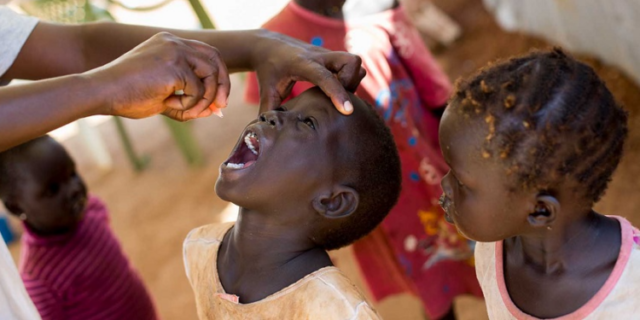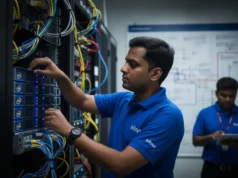Gavi Pledges $3 Million to Bolster Routine Immunization and Primary Healthcare in Kaduna State.
Abuja, Nigeria – Gavi, the Vaccine Alliance, has announced a significant investment of $3 million over the next two years to fortify routine immunization services and strengthen the primary healthcare system in Kaduna State. This strategic funding aims to accelerate the state’s journey towards achieving universal vaccine coverage and ensuring every child is protected from preventable diseases.
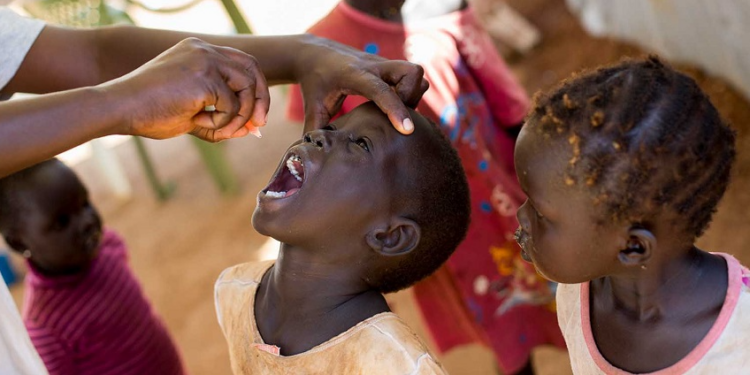
The announcement was made by Jessica Crawford, Gavi’s Senior Country Manager for Nigeria, during a high-level field mission to Kaduna. The visit, designed to assess progress and strategize future interventions, included productive engagements with senior state officials, comprehensive tours of local health facilities, and collaborative meetings with key development partners.
Crawford lauded the Kaduna State government for its robust leadership, exceptional coordination, and the impressive results already achieved in its immunization programs. She articulated that the new funding is intended to build upon these existing successes, with a particular focus on reaching underserved populations and guaranteeing equitable access to life-saving vaccines for all.
“Over the past seven years, Gavi has supported Kaduna through cold chain equipment provision, vaccine supply operations, outbreak response, workforce support, and direct vaccine procurement,” Crawford stated. “We are pleased to see these investments in action and remain committed to working with Kaduna to maximize impact.”
Implementation and Strategic Priorities
The $3 million investment is drawn from Gavi’s latest Health System Strengthening (HSS) grant. Its implementation will be a collaborative effort involving the Kaduna State Government, the National Primary Health Care Development Agency (NPHCDA), and other vital partners in the health sector.
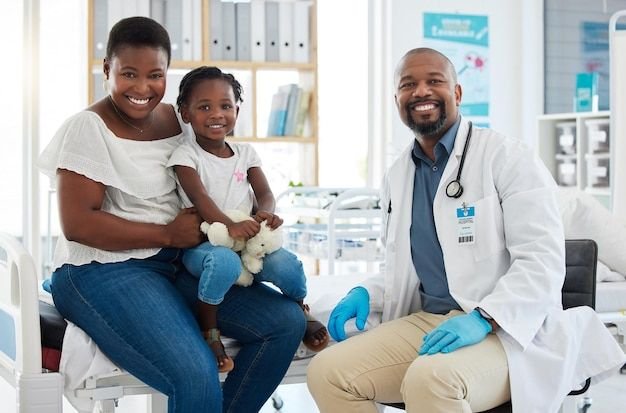
According to Crawford, the investment will be channeled towards several critical priorities. These include enhancing the efficiency and reach of vaccine delivery systems, specifically targeting and addressing inequities in immunization coverage across different communities, and, most crucially, reducing the number of ‘zero-dose’ children—those who have not received even a single dose of basic vaccines.
Federal Government’s Role and National Vaccine Landscape
Hassan Ousmane, Head of Routine Immunization at the NPHCDA, provided a broader national context, emphasizing the federal government’s central role in the nation’s vaccine security. “The federal government, through NPHCDA, procures vaccines for all states in Nigeria, ensuring every child is vaccinated,” he explained. “Partners like Gavi complement these efforts with funding, equipment, and other essential resources to strengthen our health facilities.”
Ousmane further clarified that Gavi’s national commitment to Nigeria stands at a substantial $13 million over a three-year period. This international support is part of a co-financing model where states are also required to provide counterpart contributions. “While Gavi often provides the larger share, the government also commits its own resources to ensure we achieve full immunization coverage,” he noted, highlighting the shared responsibility in achieving public health goals.
Tackling the Challenge of ‘Zero-Dose’ Children
A significant portion of the new funding will be dedicated to addressing the persistent issue of children who completely miss out on basic immunization. Dr. Barkunawa Bello, the Deputy Director of Routine Immunization and Gavi Desk Officer at NPHCDA, shed light on the scale of this challenge.
“By definition, a zero-dose child is one who has not received the first dose of the pentavalent vaccine (Penta 1) by the age of 23 months,” Dr. Bello explained. “Nigeria, unfortunately, has one of the highest zero-dose burdens globally, with 2.3 million identified in 2022. This has been reduced to about 2.1 million, but much work remains.”
Due to the high burden, Kaduna has been identified as one of five priority states, alongside Sokoto, Kebbi, Kano, and Bayelsa, for intensive engagement with Gavi to close these critical immunization gaps. Dr. Bello stressed that the strategy to reach these children relies heavily on robust community engagement. This involves collaborating with religious, traditional, and local leaders, supported by the national risk communication team, to build trust and effectively combat vaccine hesitancy.
“Our strategy is to ensure no one is left behind,” he emphasized. “That means working directly with communities, men and women alike, to build trust and demand for vaccines.”
Kaduna State Reaffirms Commitment
Responding to the announcement, the Deputy Governor of Kaduna State, Her Excellency Hadiza Balarabe, described Gavi’s commitment as a powerful reaffirmation of the shared mission to protect the health and future of every child in the state.
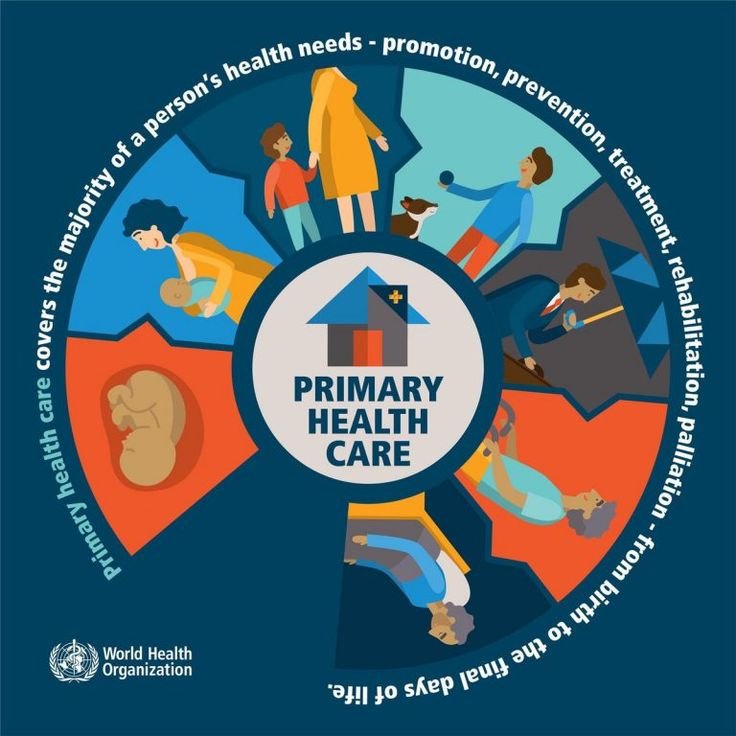
“Through our joint efforts with Gavi, NPHCDA, UNICEF, and the Gates Foundation, we have expanded immunization coverage, strengthened cold-chain infrastructure, trained and deployed frontline health workers, and improved health data systems,” the Deputy Governor remarked. “These achievements translate into healthier children, stronger families, and lives saved from preventable diseases.”
While celebrating the successes, she also acknowledged the persistent challenges that lie ahead, including the difficulty of reaching children in remote and insecure communities and the ongoing need to address pockets of vaccine hesitancy.
She reiterated the state’s unwavering commitment to revitalizing its primary healthcare facilities, deploying innovative supply chain solutions, and sustaining deep community engagement to ensure the success of this vital health initiative.
Join Our Social Media Channels:
WhatsApp: NaijaEyes
Facebook: NaijaEyes
Twitter: NaijaEyes
Instagram: NaijaEyes
TikTok: NaijaEyes
READ THE LATEST EDUCATION NEWS


